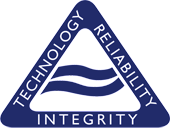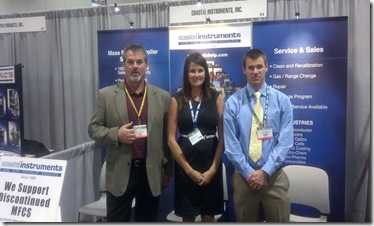We just wanted to remind everyone that Coastal Instruments has the capability to repair and calibrate the Horiba STEC Z-500 series devices. This capability includes the ability to replace failed parts such as PC boards, sensors, and valves, as well as make changes to the gas and range of the device including making changes to the original MG-xx configuration. Oh yeah, we know they told you this could not be done. Give us a chance, if we can’t do what you want, no charge! We also have a large inventory of the Z-500 series devices that can be configured to you specific needs and shipped to you within a week, or same day, if you REALLY need one.
And of course, we can still sell you replacements and service those other models of “obsolete” devices (Brooks, Tylan, Unit, Millipore, Celerity) that you have been told are no longer supported or available. Who makes all this stuff up anyway?
What else would you expect from Coastal Instruments, the Mass Flow Controller Specialists for going on 33 years now. Gee, time flies when you are having fun!


